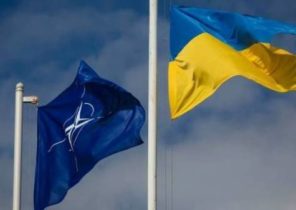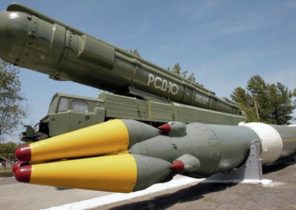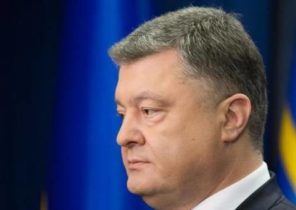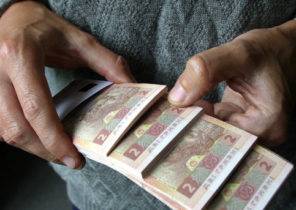
Tell me what you’re afraid of, and I’ll tell you who you are. Today the variegated perception of the threats we face resembles the theater of Pirandello. Ones (they seem to now becoming more numerous and loud) I think the main threat investigation led astray by extremists civilization of Islam. Others believe that the conflict is more ideological character classic: returns the cold war (albeit in a new form, like cyber-attacks), but Putin’s Russia is a direct successor of the USSR and threatens us with an increasingly open interference in our domestic politics. Still others see the source of the greatest danger lies in ourselves, in the rise of populism that threatens our nature and democratic values. Finally, the fourth is considered the most scary for our inability to determine the sequence of these threats. Is it possible to unite with Russia against Islamism, if the main danger comes from the rise of the populists, supported by Moscow? Reassessment of the Islamist danger and the underestimation of the populist push for rapprochement with Moscow.
But it’s not that we consciously or unconsciously recreate the schema of the 1930-ies with fatal finale in the form of repayment of war after more than 70 years of peace? Many Europeans didn’t want to make a choice between Nazism and Bolshevism. Out of fear of the Communists, they were ready to make any deals with the Nazis. As a result, this has led to dishonour and war, as Churchill said.
What if the recent past immediate future?
Today we have another look at the pictures of the time of the rise of Nazism in Germany. What if the recent past will be the immediate future? It is not a question about how to compare Islamism to Nazism, as some do, without considering the nuances and historical digressions. Anything history teaches us, said British historian Alan John Percival Taylor. According to him, “the only lesson that can be learned from history, that it is not necessary to invade Russia in late summer”. Anyway, you can’t just dismiss arguments by analogy, which for obvious reasons is alarming. This period coincides simultaneously with the end of the XIX century, when the momentum of nationalism and the 1930-ies with their rise of populism. This compound is of particular concern in the background gaining momentum to the development of complicated events, which, apparently, is not amenable to control people, while repeating the classical tragic schema.
Anyway, this inability to make a choice between the threats not the prerogative of some only of the Europeans or the whole Western world. We can say that she manifested on all continents.
So, who needs to “contain” primarily in the middle East, ISIS (banned terrorist organization, approx. ed.) or Iran, Turkey or Israel? For the United States, Saudi Arabia and Israel, the answer is obvious: Iran. Iran is Israel. And for European countries — IG.
What is the main threat in Asia: the madness of the North Korean regime, the sight of China’s hegemony in the region, the risk of nuclear war between Pakistana and India? For China and South Korea — is North Korea. But Vietnam, Indonesia and Singapore is not easy to decide between Pyongyang and the growing power of nationalism in Beijing.
Make NetFront, means not to understand the story
In the current ever more complex world it is especially dangerous to go for a simplistic analysis of events. The choice between rubbing the main threats (Islamic fundamentalism, populism, and Putin’s Russia) can only be one: you need to deal with all at once. To eliminate ISIS, to defeat populism and supply to Russia borders: among these three tasks is no incompatibility, just the opposite.
It is necessary to protect not only his life but also the soul. “We need to continue the peace talks, like they don’t exist, and fight terrorism as if there are no peace negotiations,” said former Israeli Prime Minister Yitzhak Rabin. The tragic death at the hands of Jewish extremists should not prevent us to follow his example. The elimination of IG and active fight against Muslim extremism should not mean that we should close our eyes to Russian attempts to disrupt our principles and the democratic process.
To take in France the national front as a lesser evil in comparison with the rise of Islamism is not to understand the lessons of history, to concede to the logic of fear, which is contrary to our interests and values. Islamic fundamentalism can feed on humiliation and revenge, as in the past, Nazi Germany, but it is not initially the mass support of the people, industrial strength and military traditions of such countries as Germany. The comparison is unjustified, especially if the desire to demonize one thing leads to reconciliation with others.
The strengthening of democratic bulwark against populism — the best counter radical Islamism and ambitions of authoritarian regimes. Not so long ago Europe was a welcome symbol of reconciliation, prosperity and peace everywhere, from Latin America to Asia. Today, Europe (especially France in connection with the National front) and experiencing fear.
The path of honor and of reason says that we need with the same rigidity to deal with all threats, not putting some of them above others.







